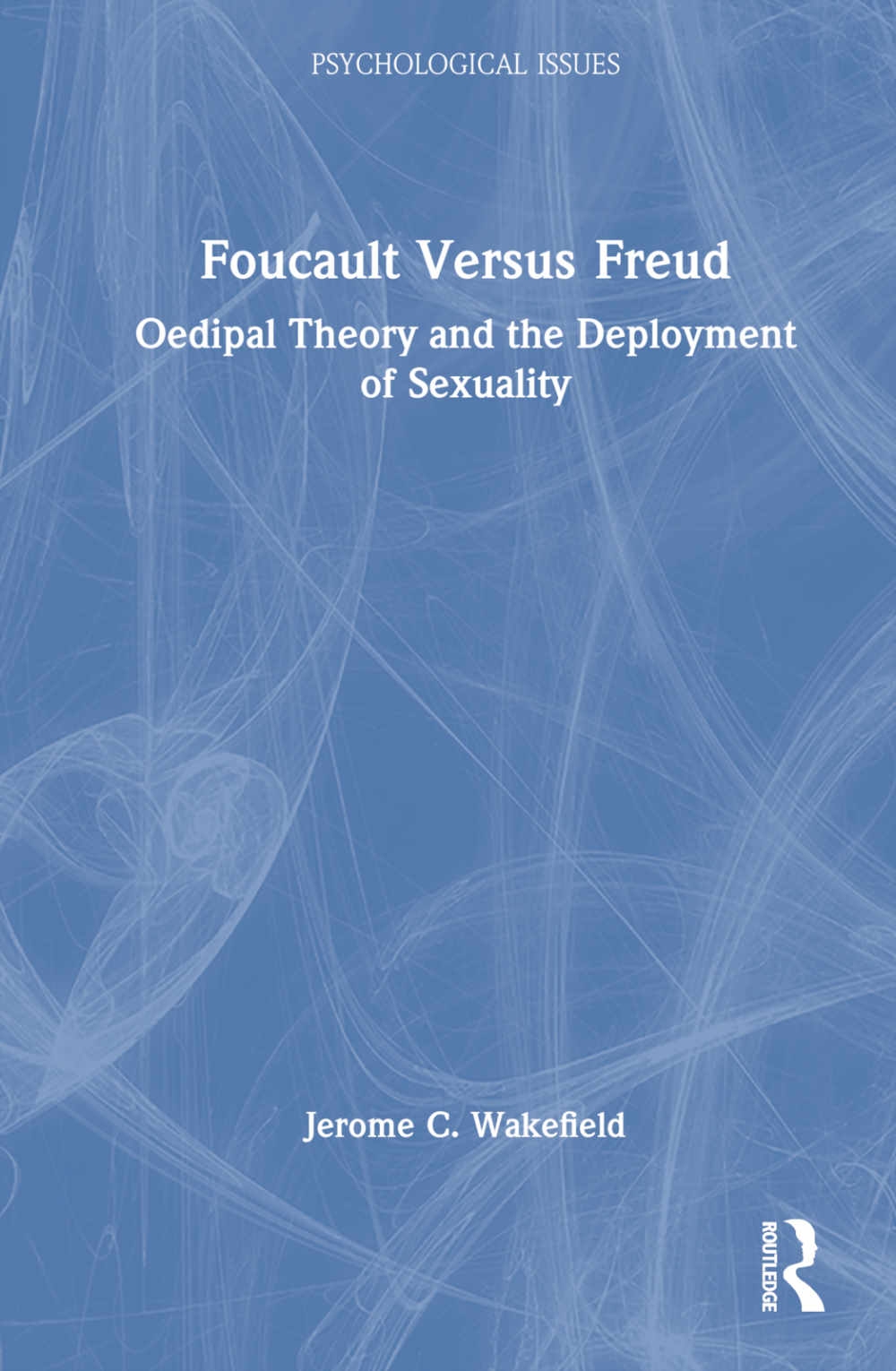In Foucault Versus Freud, Jerome C. Wakefield offers a novel analysis of one of the great intellectual clashes of our times, the attack on Sigmund Freud’s influential sexual theories by the eminent French philosopher and historian of ideas Michel Foucault.
Starting from Foucault’s question, "What makes the psychoanalytic theory of incest acceptable to the bourgeois family?", and drawing on Foucault’s relatively unexplored published lectures as well as his celebrated History of Sexuality, Vol. 1, Wakefield evaluates Foucault’s argument that there is a continuity between the two-century medical anti-masturbation crusade and Freud’s theory, providing the reader with an accessible introduction to Foucault’s conceptual innovations including power/knowledge, the deployment of sexuality, and the use of surveillance and confession as tactics in medicalizing sexuality and reshaping family life.
Rather than allowing the argument to stay at the evidentially uncertain level one often finds in Foucault’s writings, Wakefield undertakes close readings of both Freud’s "seduction-theory" texts and later Oedipal-period texts to test whether Foucault’s provocative arguments find support or disconfirmation. Despite identifying weaknesses in Foucault’s position, Wakefield argues that a careful look at Freud’s sexual theories through Foucault’s theoretical lens changes forever the way one sees Freud’s theory--and has the potential to help psychoanalysis move forward in a constructive way.
This book is written to be understandable for those who are not steeped in philosophy or familiar with Foucault’s philosophy, offering a lucid introduction to Foucault’s ideas and his clash with Freud that will be of interest to clinicians, students, and scholars alike.












